By using this website, you agree to cookies being stored on your device in order to improve site navigation, analyse site usage and contribute to our marketing efforts. See our privacy policy for more information.
What makes women entrepreneurs resilient?

A bit of background here before I tell you why I’m asking this question.
I’ve been an entrepreneur since 1998. After we sold our family business in 2016 I went searching for my next gig. I wasn’t ready for retirement. Frankly I was afraid I’d be bored and I was afraid to tap into retirement savings too soon.
So while working on a few consulting contracts, I took some university courses, thinking that perhaps I could finally earn that masters degree I never went for in the 1980s.
Studying Entrepreneurship
I began studying theories about business start-up, innovation, and how entrepreneurs create economic growth and employment. What did research say that it takes to be an entrepreneur? What I found seemed so scientific and “big business” related. It also didn’t feel like what I had experienced in our business.
Then I came across the work of Dr. Barbara Orser and Dr. Catherine Elliott, both professors at uOttawa. Their book The Feminine Capital opened my eyes about the language of entrepreneurship and why many women (myself included) cannot relate. It described how “entrepreneurial identity” is very much wrapped up in masculine imagery!
Feminist Entrepreneurship
There began my journey learning about feminist entrepreneurship. I wanted to know more about the ways women think and behave differently in business. I enrolled at Royal Roads University, to complete my Master of Arts in Inter-Disciplinary Studies (MAIS).
My COVID-19 Pivot
In March 2020 I was all set to go with my thesis research proposal focusing on entrepreneurial identity in rural women business owners. Then of course the pandemic was declared. Suddenly entrepreneurial identity didn’t seem so relevant. “Who the hell cares about identity if there is no business to be had?” I thought.
Researching Resilience
Resilience and the concept of business survival became my focus. Through the spring of 2020, while hunkering down, I read as much as I could about how business owners survive through economic crises and natural disasters. Because the pandemic was both of these things.
Now the research question I am seeking to answer is “what factors affect the entrepreneurial resilience of rural women business owners in a crisis?” I’m roughly halfway through the data gathering process and hope to publish initial results sometime in March 2021. The results I hope will help with the creation of tools and resources for our Business Sisters. Plus, it might help inform regional economic development efforts and even policy.
I invite you to check out my official researcher site here. If you’d like to know more about this research project, please reach out. Thanks for reading!
A bit of background here before I tell you why I’m asking this question.
I’ve been an entrepreneur since 1998. After we sold our family business in 2016 I went searching for my next gig. I wasn’t ready for retirement. Frankly I was afraid I’d be bored and I was afraid to tap into retirement savings too soon.
So while working on a few consulting contracts, I took some university courses, thinking that perhaps I could finally earn that masters degree I never went for in the 1980s.
Studying Entrepreneurship
I began studying theories about business start-up, innovation, and how entrepreneurs create economic growth and employment. What did research say that it takes to be an entrepreneur? What I found seemed so scientific and “big business” related. It also didn’t feel like what I had experienced in our business.
Then I came across the work of Dr. Barbara Orser and Dr. Catherine Elliott, both professors at uOttawa. Their book The Feminine Capital opened my eyes about the language of entrepreneurship and why many women (myself included) cannot relate. It described how “entrepreneurial identity” is very much wrapped up in masculine imagery!
Feminist Entrepreneurship
There began my journey learning about feminist entrepreneurship. I wanted to know more about the ways women think and behave differently in business. I enrolled at Royal Roads University, to complete my Master of Arts in Inter-Disciplinary Studies (MAIS).
My COVID-19 Pivot
In March 2020 I was all set to go with my thesis research proposal focusing on entrepreneurial identity in rural women business owners. Then of course the pandemic was declared. Suddenly entrepreneurial identity didn’t seem so relevant. “Who the hell cares about identity if there is no business to be had?” I thought.
Researching Resilience
Resilience and the concept of business survival became my focus. Through the spring of 2020, while hunkering down, I read as much as I could about how business owners survive through economic crises and natural disasters. Because the pandemic was both of these things.
Now the research question I am seeking to answer is “what factors affect the entrepreneurial resilience of rural women business owners in a crisis?” I’m roughly halfway through the data gathering process and hope to publish initial results sometime in March 2021. The results I hope will help with the creation of tools and resources for our Business Sisters. Plus, it might help inform regional economic development efforts and even policy.
I invite you to check out my official researcher site here. If you’d like to know more about this research project, please reach out. Thanks for reading!

Continue Reading
Join us by signing up for our free e-news.


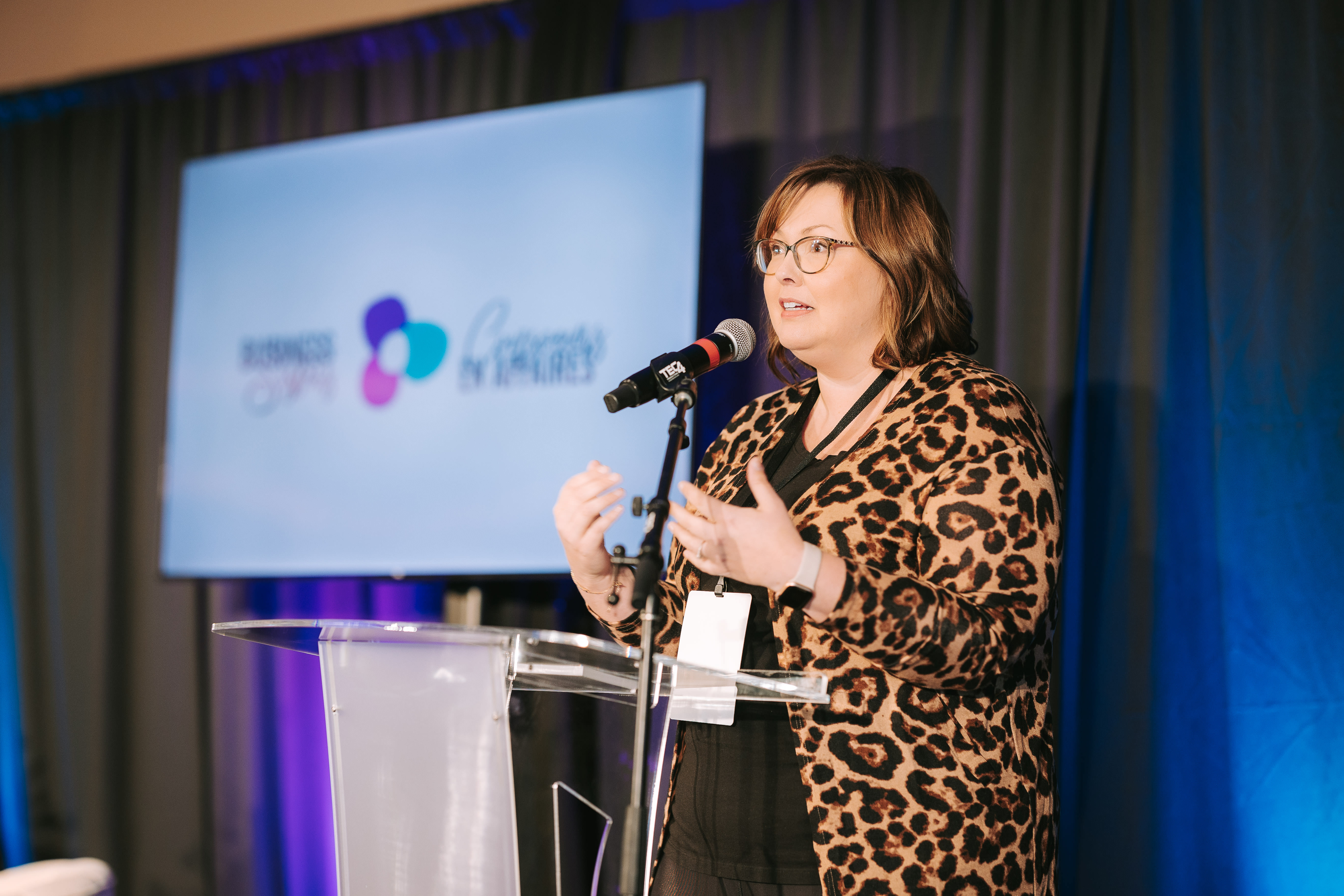
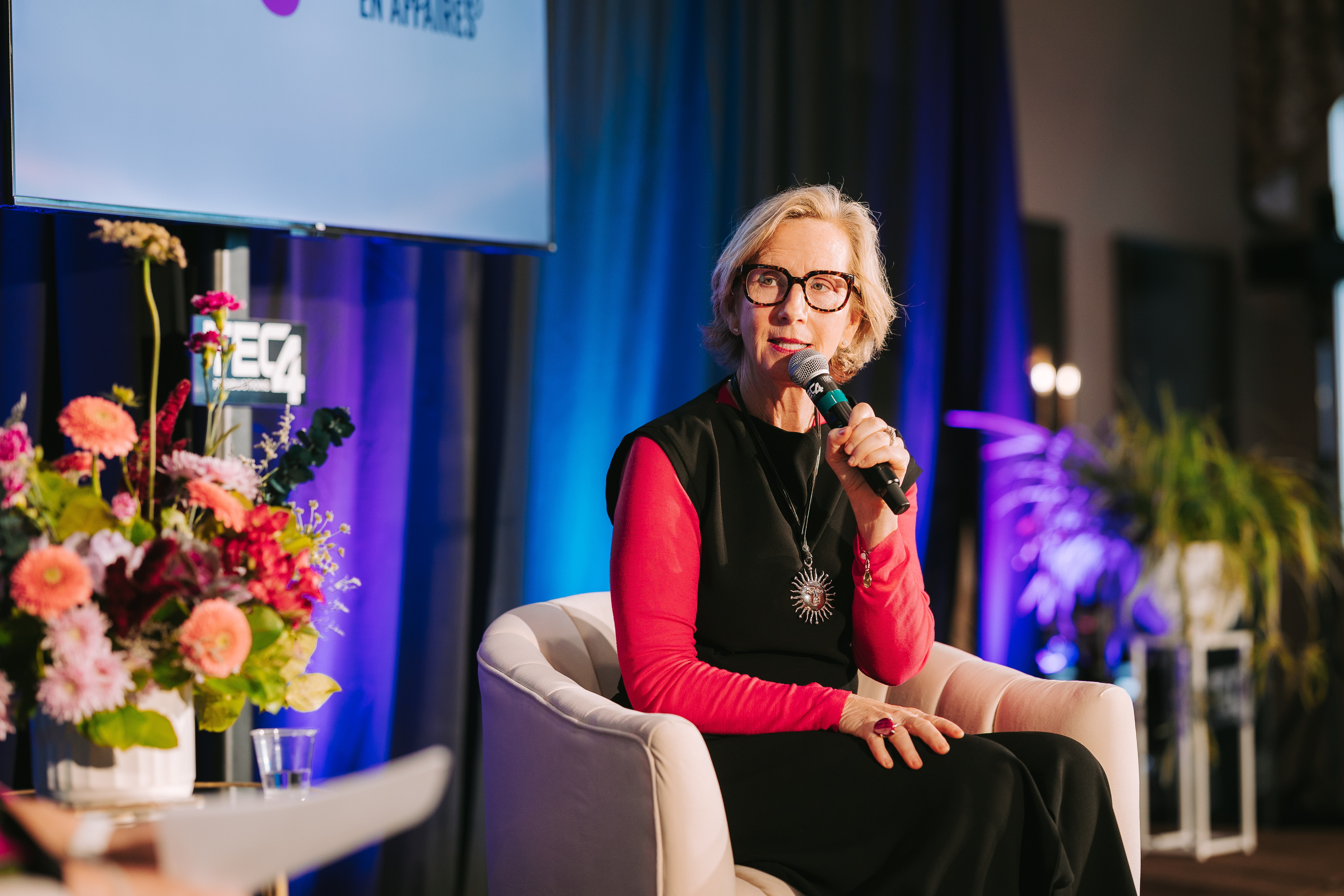

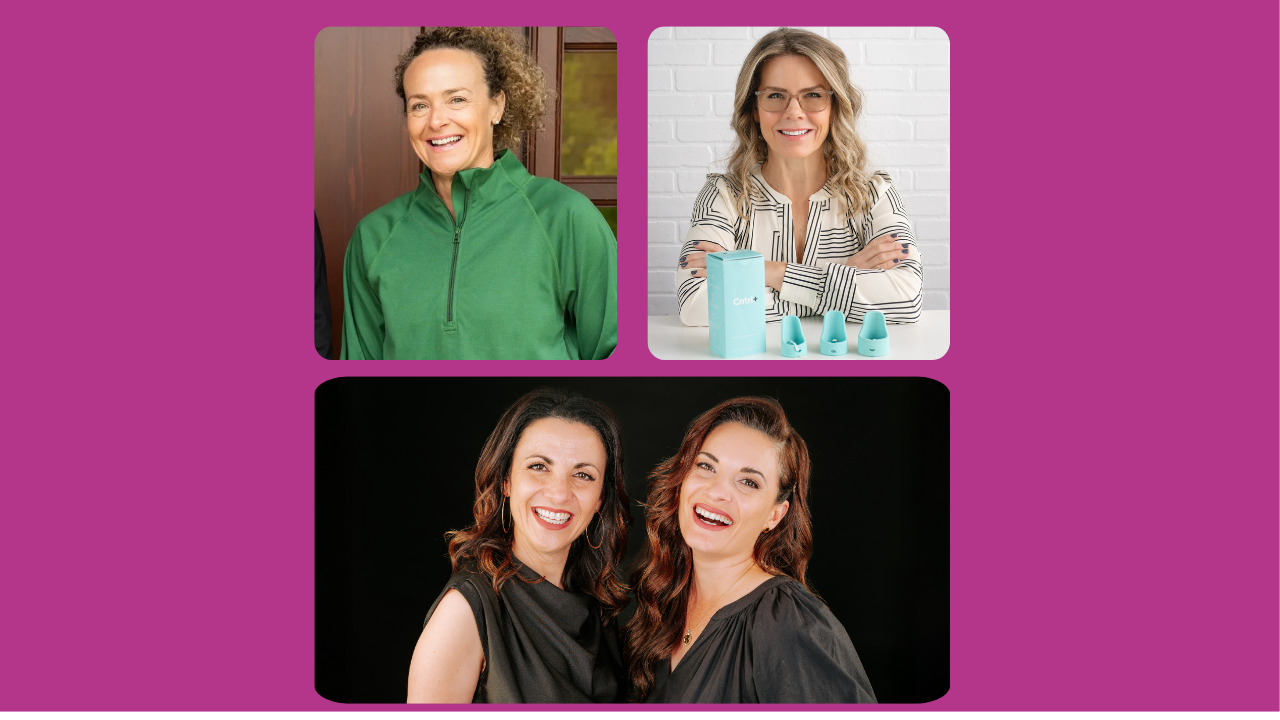
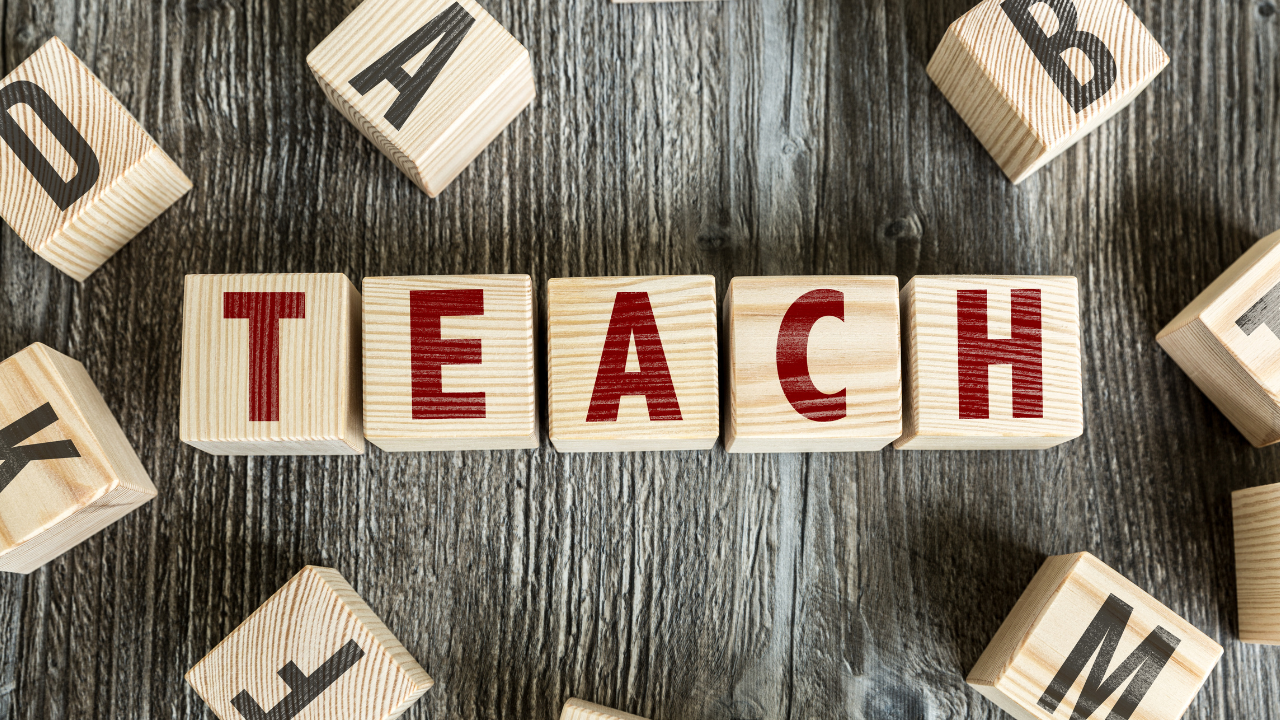
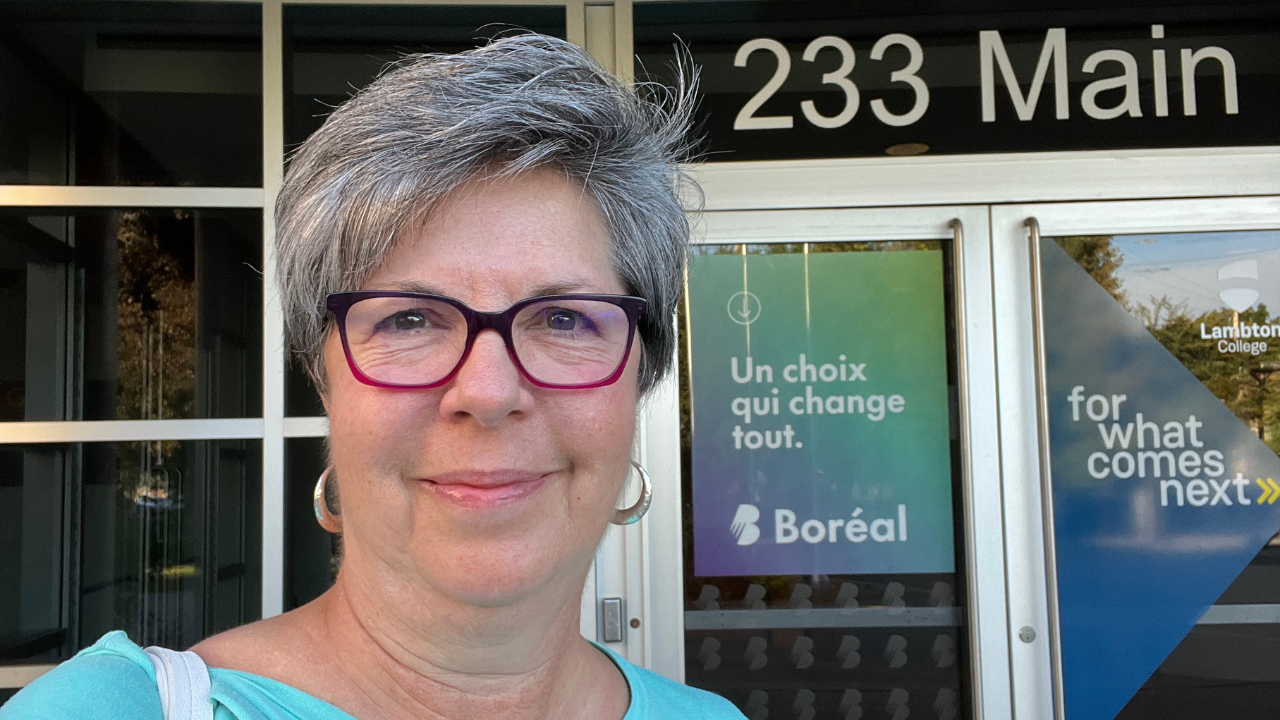

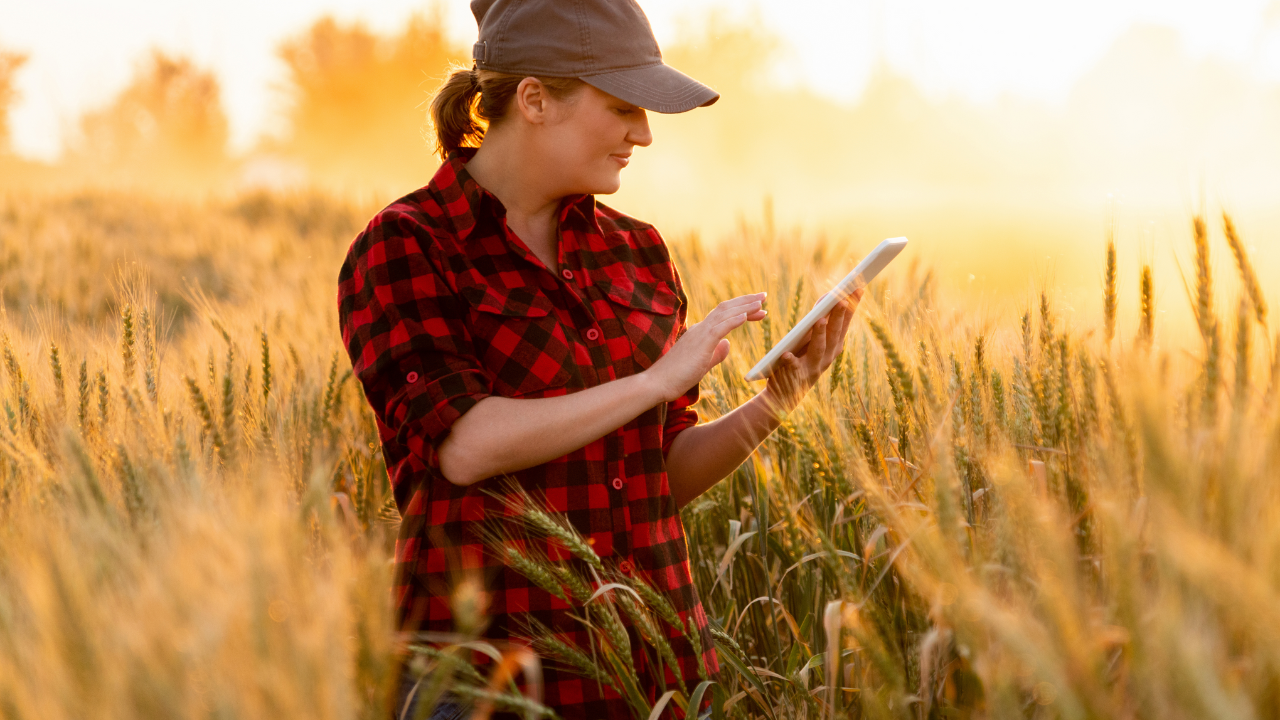

























































Join the conversation